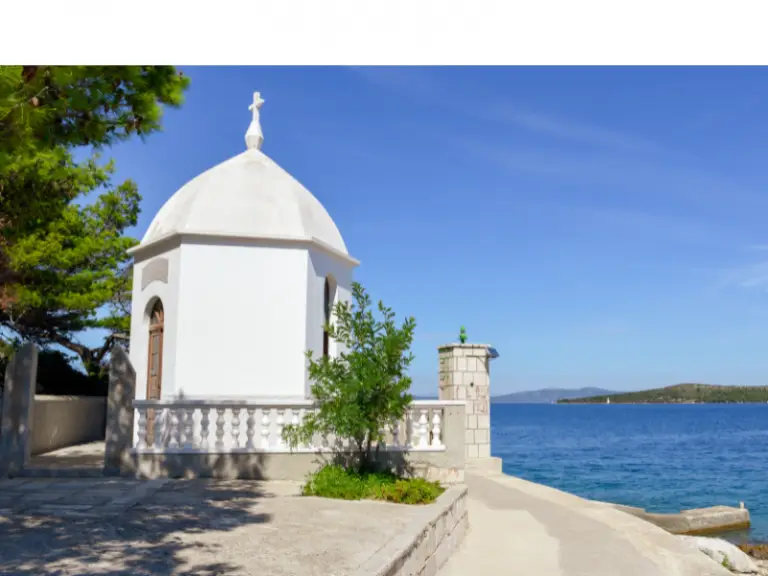
Celebrating Love and Faith: The Beauty of Catholic Destination Weddings
A Catholic destination wedding offers couples a unique opportunity to celebrate their love within the context of their faith, set against a backdrop of their choosing. This sacred union, steeped in ancient traditions and rituals, not only signifies the couple’s commitment to each other but also their devotion to God. Understanding the intricacies of Catholic wedding ceremonies, rituals, and the associated restrictions is essential for planning a meaningful and compliant celebration.
Ceremonies and Rituals of a Catholic Wedding
The Nuptial Mass
A central element of many Catholic weddings is the Nuptial Mass, a Eucharistic service symbolizing the unity of the couple and their unity with Christ. The Mass includes several parts: Liturgy of the Word, Rite of Marriage, Liturgy of the Eucharist, and the Nuptial Blessing. Couples can choose readings and music that reflect their journey and the spiritual aspect of their marriage.
The Rite of Marriage
Within the Nuptial Mass or as a standalone ceremony, the Rite of Marriage is where the actual sacrament of matrimony occurs. Key components include:
-
- Consent and Vows: The heart of the ceremony, where couples verbally express their free will to enter into marriage, vow to love and honor each other for life, and are declared husband and wife.
-
- Blessing and Exchange of Rings: Rings are blessed by the priest as symbols of unending love and fidelity, which the couple then exchanges.
-
- The Nuptial Blessing: A solemn prayer invoking God’s blessings on the newly married couple, asking for grace, fidelity, and peace.
Other Rituals
-
- The Unity Candle or Sand Ceremony: While not traditional parts of Catholic weddings, these rituals have been adopted by many couples to symbolize their union, with two flames becoming one or two separate sands blended into a single vessel.
-
- The Presentation to the Virgin Mary: In many Catholic weddings, especially in Latin American, Filipino, and Polish cultures, couples may choose to present flowers to a statue of the Virgin Mary, praying for her blessing on their marriage.
Restrictions and Considerations
-
- Location: Traditionally, Catholic weddings should take place in a parish church to emphasize the sanctity of the sacrament and its communal nature. However, with permission from a bishop, weddings can be held in other locations, especially if they hold particular spiritual significance for the couple or to accommodate destination weddings.
-
- Officiant: A Catholic wedding should be officiated by a Roman Catholic priest or deacon. Couples wishing to marry in a destination wedding should consult their home parish priest and the destination diocese well in advance to ensure all canonical requirements are met.
-
- Pre-Cana: Couples are required to complete Pre-Cana, a marriage preparation course, which covers topics such as faith, communication, and family planning, ensuring they understand the sacramental and lifelong nature of marriage.
-
- Interfaith Marriages: If one partner is not Catholic, permission must be obtained for a mixed marriage, and both partners must agree on raising any future children in the Catholic faith.
Planning Your Catholic Destination Wedding
When planning a Catholic destination wedding, early communication with your home parish and the local diocese at your destination is key. This ensures adherence to Church requirements while allowing you to celebrate your love in a location that holds special meaning. Incorporating local customs and traditions can also enrich your ceremony, making it a truly unforgettable experience.
Conclusion
A Catholic destination wedding beautifully combines faith, tradition, and the unique personalities of the couple. While navigating the requirements of the Church may seem daunting, the result is a deeply meaningful celebration of your commitment to each other and to your shared faith. With thoughtful planning and reverence for the sacrament of marriage, you can create a day that honors your love and the blessings of God, wherever in the world you choose to say “I do.”
If you are using a Destination Wedding Travel Professional, let them know that your preference is to have a Catholic ceremony and that you would like them to recommend hotels and resorts that have Catholic Chapels on their property.
